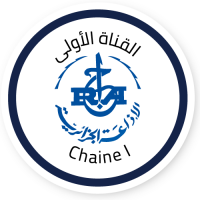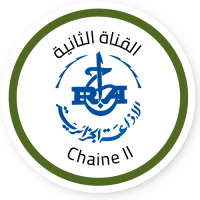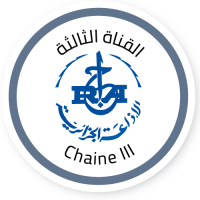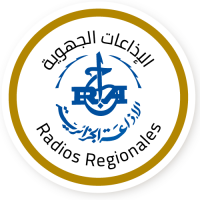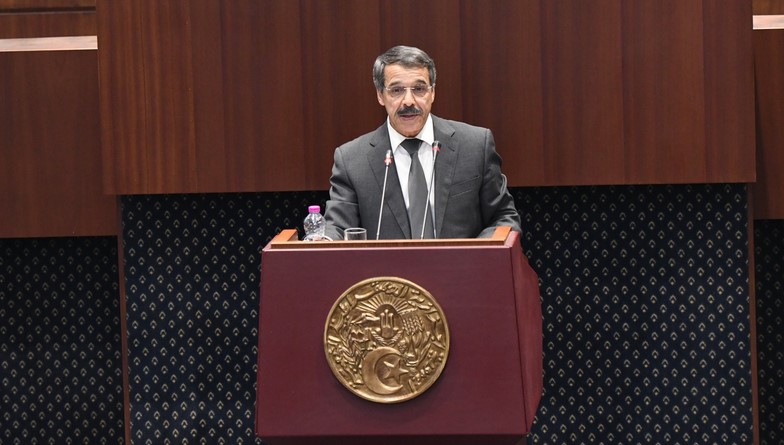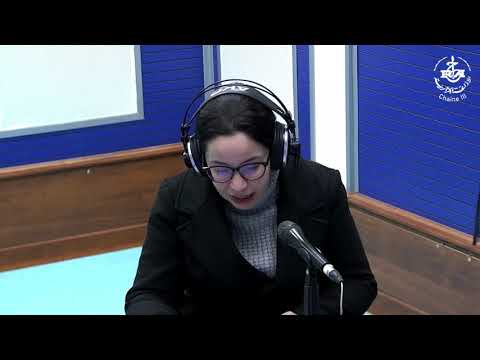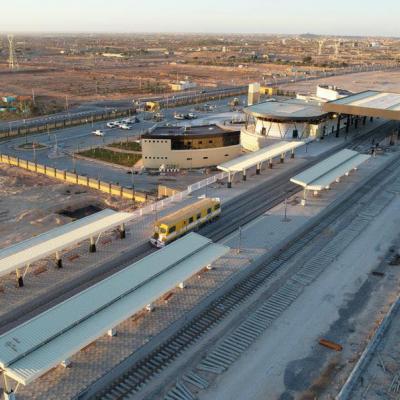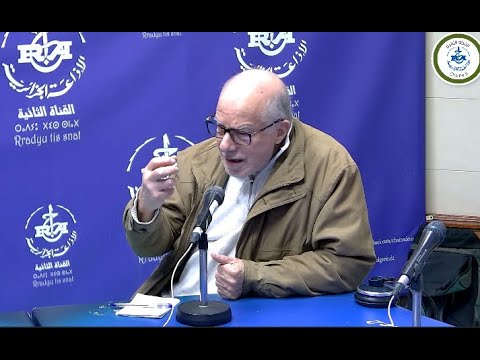The Minister of Finance, Abdelkrim Bouzred, stated on Tuesday evening in Algiers that the Algerian economy is showing positive indicators confirming the soundness of the path adopted by the country, as reflected in the notable growth rates achieved, the maintenance of external balances, and the decline in inflation. He emphasized that efforts are ongoing to accelerate digitization as well as financial, fiscal, and budgetary reforms.
The minister made these remarks during a plenary session of the People’s National Assembly (PNA), chaired by Mr. Brahim Boughali, President of the Assembly, and attended by members of the government. The session was devoted to responding to questions and concerns raised by deputies regarding the 2026 Finance Bill (PLF).
Bouzred noted that the results recorded over the past years demonstrate the transformation underway in the national economy, which has “truly” moved away from a rentier model toward genuine revenue diversification. He pointed out that this orientation forms the foundation of next year’s budget, within a financial policy aimed at strengthening growth and improving the management of public resources.
The minister recalled that the economic and financial policies adopted have helped preserve external balances, affirming that the Algerian economy is moving “in the right direction.”
At the same time, efforts have been intensified across various administrations to complete, as soon as possible, the digitization process in order to establish a unified database that will facilitate different transactions and contribute to advancing the ongoing reform process.
The digitization process in the finance sector has made “satisfactory” progress, as the Ministry of Finance now has a database containing information on citizens’ and companies’ assets. Cooperation agreements have also been signed with other institutions to enable information exchange. The minister added that, starting in early 2026, citizens will be able to remotely access administrative documents related to their assets—a step he described as “a qualitative leap” toward a modern digital administration.
Furthermore, during the first half of 2026, the electronic land register will be launched, enabling the updating of land data while simplifying transactions between citizens and the administration.
Regarding the tax administration, an integrated digital system including all files of traders and economic operators will be launched by the end of this year. This system will ensure greater transparency and “prevent any manipulation of files or of the rights of the State and citizens.”
As for budget management, the minister stated that, starting early next year, it will undergo a radical transformation through the full adoption of electronic transactions. This will facilitate salary payments, data collection, and the monitoring of financial operations. The digitization process will later be extended to the Public Treasury.
Digitizing budget execution operations will improve liquidity management, particularly regarding corporate receivables and investment operations. Through the electronic monitoring system, the Treasury will be able to identify entities that have not used the funds allocated to them, allowing for better control of spending and more efficient use of public resources.
Addressing the issue of subsidies for essential goods, Mr. Bouzred stressed that “accelerating digitization to create a comprehensive database containing all citizens’ information will enable the implementation of a direct assistance system for citizens in need.”
 Algerian Radio
Algerian Radio
